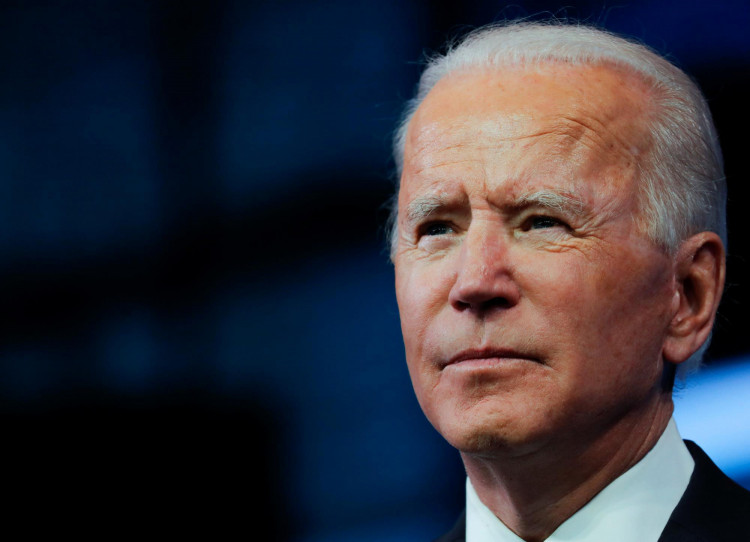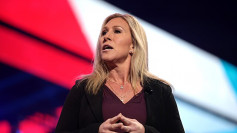James Biden, the younger brother of President Joe Biden, testified before a House impeachment inquiry, vehemently denying any involvement of the President in his business dealings. In a marathon session that remained closed to the public, James sought to dissociate his decades-long business career from his brother, asserting that the President had "no direct or indirect" role in his financial ventures.
The inquiry, fueled by Republican-led charges of corruption, turned its gaze towards James Biden, who emerged as a key figure in the narrative of familial enterprise and political power.
James Biden's arrival at the O'Neill House Office Building was marked by silence towards the press but a resolute stance in his opening remarks. "Because of my intimate knowledge of my brother's personal integrity and character, as well as my own strong ethics, I have always kept my professional life separate from our close personal relationship," he declared, setting the tone for a defense rooted in familial loyalty and personal integrity.
Central to the inquiry were the financial transactions between James and President Biden, particularly two notable transfers labeled as loan repayments in 2017 and 2018, amounting to $40,000 and $200,000 respectively. These payments have drawn scrutiny for their timing, coinciding with the Biden family's business ventures abroad, particularly with CEFC China Energy, a company linked to the Chinese government.
James Biden sought to preempt questions about these transfers in his statement, explaining, "Because of the episodic nature of the income from my consulting work, there have been a number of occasions when my personal financial obligations have exceeded our available funds." He emphasized that these were personal loans from his brother during his time as a private citizen, repaid "as soon as I had the funds to do so," with President Biden allegedly unaware of their origins.
The narrative of the Biden family's entanglement with CEFC China Energy and other foreign entities has been a focal point for Republicans, who assert that these relationships suggest a conflict of interest at the highest levels of American political power. The inquiry delved into the now-defunct CEFC's payments to the Biden family following meetings between Joe Biden and CEFC's Chairman Ye Jianming, which Republicans argue point to a quid pro quo arrangement.
James Biden's testimony also revisited past interactions between the Biden family and international figures, documented through financial transactions, meetings, and even text messages that hinted at the President's involvement or benefit from these dealings. Despite these allegations, concrete evidence linking President Biden directly to misconduct through his family's business activities remains elusive.
Republican investigators, like Rep. William Timmons, remain committed to uncovering any potential financial gains by the President from these dealings, stating, "I think there's an enormous amount of circumstantial evidence that shows that Hunter and Joe were selling the brand and Joe Biden was profiting from it, financially."
Democrats on the committees, however, view these proceedings with skepticism. Rep. Jamie Raskin criticized the inquiry's focus, suggesting it was time to "fold up the circus tent" in the absence of conclusive evidence of impeachable offenses.
As the House impeachment inquiry unfolds, the testimonies of James and Hunter Biden represent crucial chapters in a broader investigation into the intersection of family business and political influence. The saga continues to captivate the nation's capital, leaving the political and legal implications for President Biden and his administration hanging in the balance.





